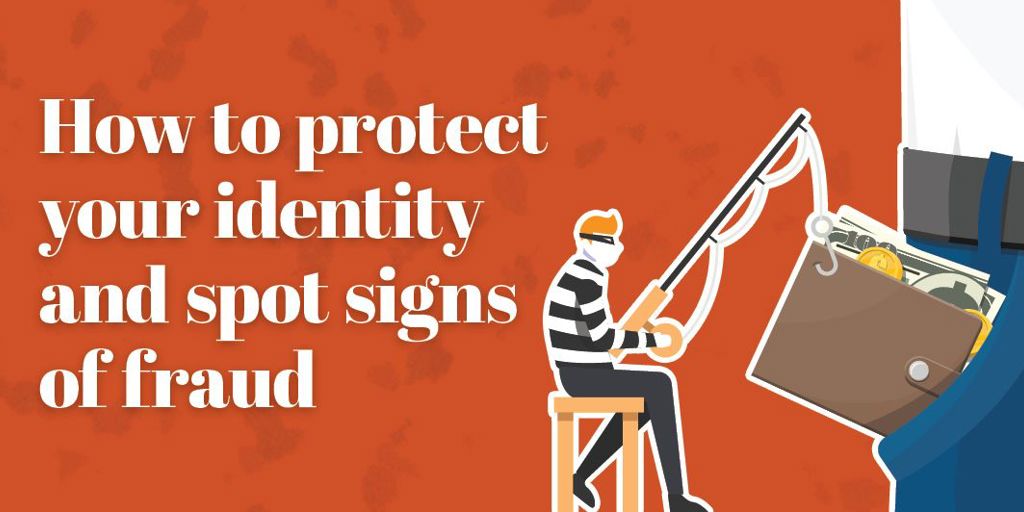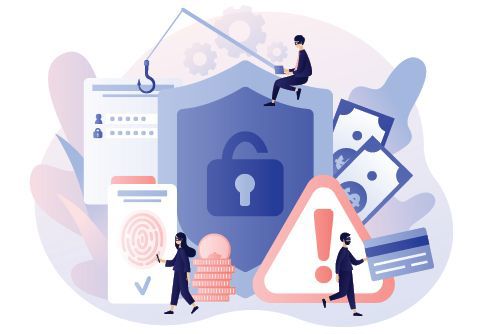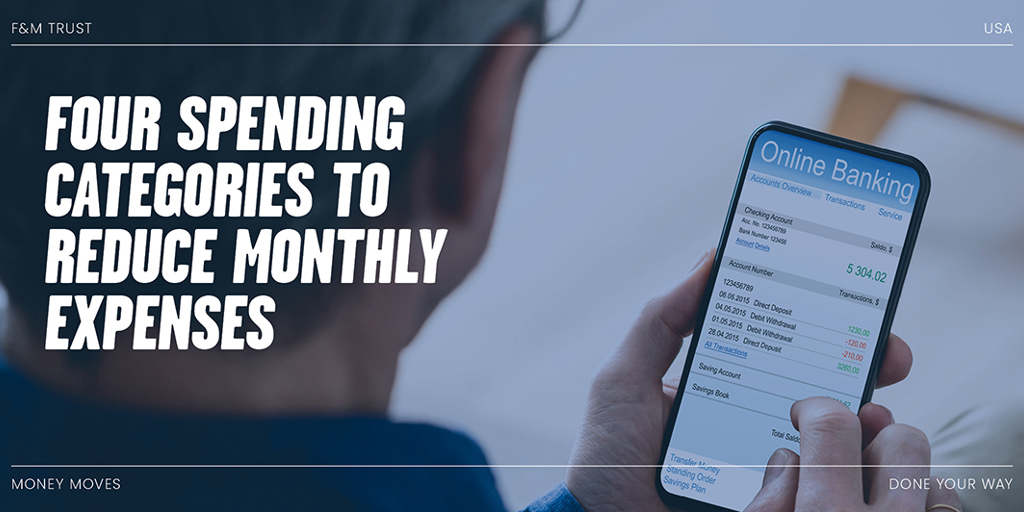


How to protect your identity and spot signs of fraud
Your identity is a valuable piece of information. In the right hands (yours), it can be used to open a bank account, obtain a credit card, or apply for insurance benefits. In the wrong hands, it can do all of those things, and more.
In short, identity theft is a crime in which another person steals your personal information to commit fraud. It’s also a growing crime, with the FTC reporting a 45% increase in identity theft between 2019 and 2020. Before we can understand the many ways to protect your identity and prevent fraud from happening in your name, we should understand the many ways that thieves can steal your personal information.
Your identity — or key pieces of information that can be used to impersonate you — can be stolen electronically or physically. Electronic theft includes a data breach at a business where you shopped or have credit, hacking, phishing (responding to a thief’s tempting offer via a text or email), or skimming (the use of a device attached to a card reader to steal your information).
Physical methods of identity theft include mail theft or mail tampering, personal theft (a stolen wallet, purse, or cell phone), “shoulder surfing” (when a thief looks over your shoulder to steal a PIN or password), or when your personal information is taken from items discarded in your trash.
Although there are many ways in which your identity can be stolen, there are also many ways that you can prevent it:
- MONITOR YOUR CREDIT REPORTS — Check your report for irregularities and suspicious activity. You can check your credit report with all three major agencies for FREE until April 20, 2022, at www.annualcreditreport.com.
- MONITOR FINANCIAL STATEMENTS — Just like your credit report, your financial statements should be monitored for any activity that isn’t yours.
- PROTECT YOUR PASSWORDS — Change your online banking passwords once a year (every six months is better) and use strong passwords that are difficult to guess.
- BE SMART ONLINE — Don’t click on suspicious links or download files from unknown senders. Avoid using public Wi-Fi to access bank accounts or other accounts containing sensitive personal information.
- PROTECT YOUR DOCUMENTS — Keep sensitive printed information in a safe place (like a safe!). Don’t carry your Social Security card or Social Security number with you and always shred sensitive documents if you no longer need them.
- KNOW YOUR SURROUNDINGS — Watch for shoulder surfers who might be trying to steal your information. When entering your PIN, especially if other people are around, cover the keypad with your hand.
Recent Articles
Join our e-newsletter
Sign up for our e-newsletter to get new content each month.






















